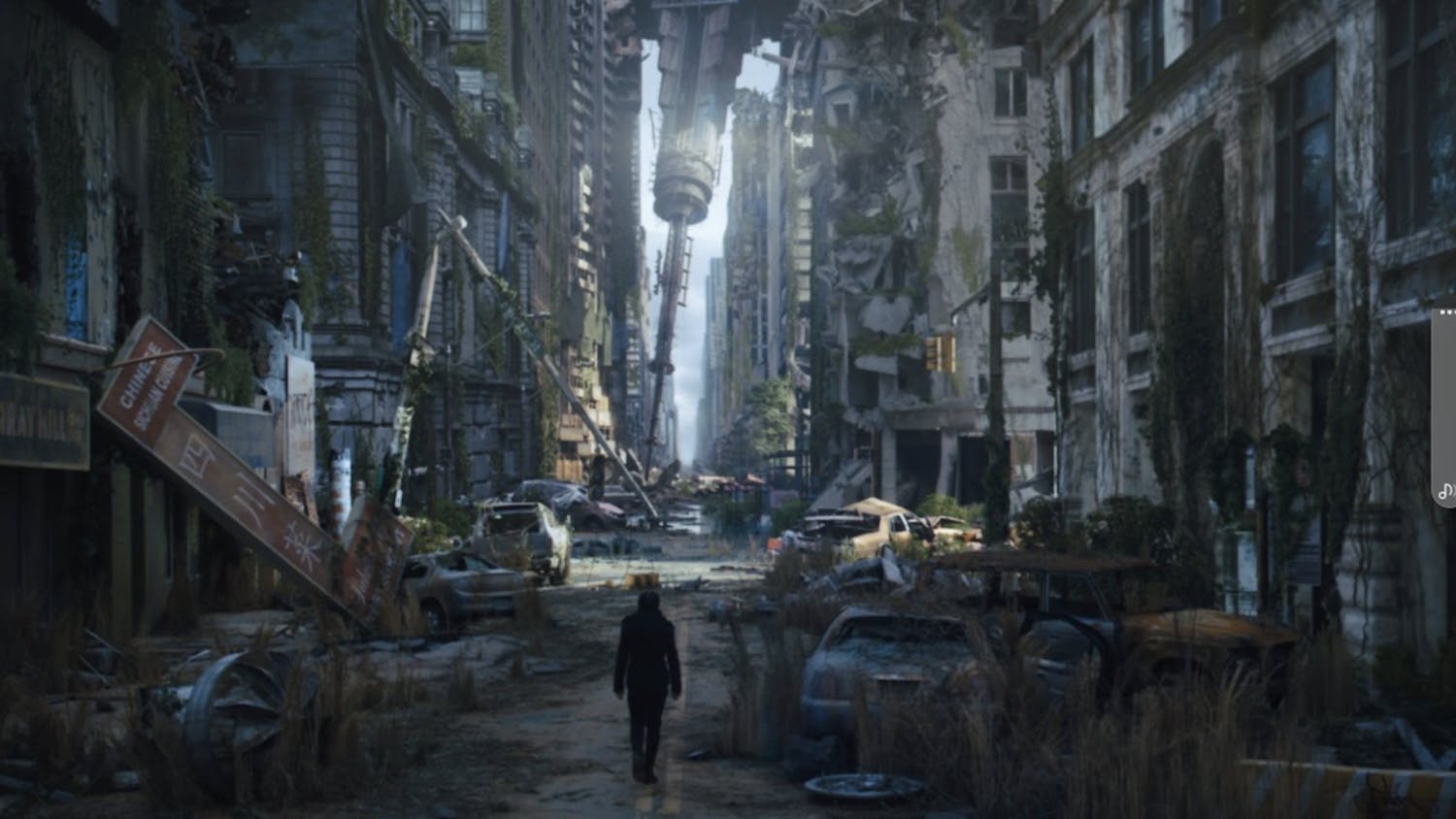Through the years, there have been many acclaimed games that have been praised for their imaginative imagery, engaging stories or addictive gameplay. Many story games have even created their own series, including spin-off stories, in-game downloadable content or just multiple titles that all take place in the same in-game universe. Franchises like “Resident Evil,” “Silent Hill” and “Halo” have been around for years, spawning games, comics and books, and now they all have at least one live-action adaptation.
The adaptation of the online source material on the big screen is usually met with excitement from fans. It’s incredible to see a game you’ve played displayed on the silver screens with full-formed sets and real actors portraying your favorite characters. However, in recent years, there seems to be a discrepancy with video game series being turned into good, full-fledged productions. More specifically, it seems like some studios don’t know how to pay respect to the source material, keep the adaptation accurate and do the video game justice.
One example of this was “Resident Evil.” Released by Netflix in 2022, the series was released to be an intentional deviation from the source material. Rather than creating a retelling of the game’s story, the show tried to introduce non-canon characters and put them in a post-apocalyptic world that shared no similarities to the source material. It was more of a writer taking names of characters and locations and plopping them into a completely separate world, almost completely off-track from the games.
I believe this is what led the show to be review-bombed and why it fell so flat with fans of the series. It was more of its own stand-alone zombie apocalypse show rather than a series in the “Resident Evil” universe. Fans wanted a fresh take on the story they know and love, not a modern-day teenage zombie show with some familiar names and TikTok dances.
Personally, that was what broke me from it entirely. Watching a show that’s supposed to be serious and terrifying but mentions Facebook, Apple and popular internet memes was mind-numbing. The script is word vomit, without any thought or care into telling an actual story and wasn’t even written by people involved in the original games. It was led by writers who have no knowledge or interest in the source material. Now, turn your attention to the recent live-action adaptation of another famous zombie apocalypse story released by HBO Max this year.
“The Last of Us,” a very well-known horror game that focuses on the experiences of a girl named Ellie Williams in the event of the apocalypse, is an emotional and traumatizing story that has won the hearts of gamers for years. Its two installments have been celebrated as being some of the greatest games in recent years and it still has an active following of dedicated players.
When it was announced that HBO Max was teaming up with the creators of the game to produce a live-action drama series, there were mixed reactions. On one hand, the team was led by the same amazing team of writers and directors who created other amazing HBO series like “Chernobyl.” On the other, they were tasked to do one of the most devastating and brutal zombie apocalypse stories justice and make sure the show lived up to its name. Viewers were skeptical, as casting choices were not what people expected and it seemed like some details and story arcs were altered from the source material. However, with eight episodes out and only the finale left, it has become one of HBO Max’s most-watched series, with the most recent episode allowing the show to reach its peak viewer count of eight million on Sunday, March 5.
What made one show so much better than the other? I believe the answer lies in the details. One studio took the time to meet with the creators and ask how they would make a show about the game and let the original creators spearhead the project. Meanwhile, the other merely went to the series’ Wikipedia page before producing the show.
I believe when a studio genuinely cares about a project, it tends to take into account what the viewers want to see and how they want to see it. The studio doesn’t see it as an opportunity for profit, but rather a chance to create an engaging and personalized work of art.
Mia Ashby is a junior studying journalism at Ohio University. Please note that the views and opinions of the columnist do not reflect those of The Post. Do you agree? Tell Mia by emailing her at ma237419@ohio.edu.




